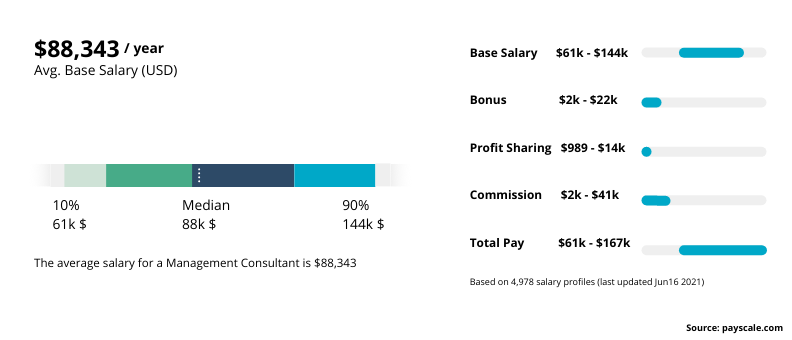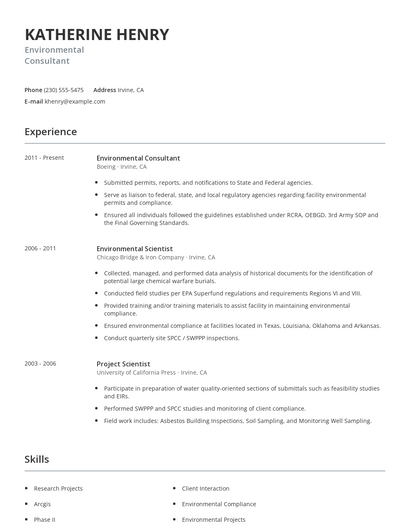
A holding company can be described as a corporation that does no production of its own goods and services but is instead a corporate group. Its main function is to be a holding firm for many other companies. Some of these companies may be grouped together in a single holding company, while others may have separate subsidiaries. In this article we will discuss the advantages and disadvantages of forming a holding company, and the various forms available.
Benefits of starting a company holding company
You might consider establishing a holding company if you want to protect your investments. While this is relatively simple, it requires a substantial capital backup. The majority of holding companies purchase large blocks, making them a solid business model for experienced investors. Below are a few advantages of starting a Holding Company. This is a great option for small business owners looking to reduce their liability and protect their assets.
Because of the protection they have from other businesses, holding corporations can lower operating capital costs. Bakery won't have any legal responsibility for collecting against its subsidiaries if it goes bankrupt. Additionally, subsidiaries can take advantage of downstream guarantees to secure lower-interest debt financing. Furthermore, because holding companies can sell shares of their failed subsidiaries, their risk of default falls substantially. This is beneficial for the operating company as well, as it reduces its liability.

Starting a holding company has its disadvantages
While the advantages of starting a holding company outweigh the disadvantages, this structure does come with some drawbacks. Because it pools its finances, a holding company can often secure better financing terms. A holding company can also control more companies with less capital. A holding company is able to purchase the majority of the stock of an LLC and gain full control of the company. It can also become the largest shareholder.
It is difficult to set up a holding corporation. First of all, you need to decide on what type of entity your holding company will be. It will be a corporation or an LLC? Or a limited liability company. Once you have established the type and structure of your business entity, you can decide how to tax it. However, holding businesses must be kept separate from other companies. A limited liability company, for example, should not be considered a holding company that runs its own business.
Tax implications for starting a holding business
The tax consequences of starting a holding business vary depending on how it is organized. One owner companies are considered a sole proprietor, and therefore do not need to file tax returns with the IRS. They must still report their entire profits on their taxes. In the same manner, holding companies that have two owners are treated as partnerships. Each partner is responsible to paying taxes on their part of the returns.
There are other considerations, aside from the tax implications. Many lenders require that holding companies are used by companies in order to minimize risks associated with enforcement and compliance. It is unlikely that a company established solely for tax purposes will receive the tax benefits it intended. Before you make any final decisions, be sure to thoroughly consider the benefits and drawbacks associated with establishing a holding corporation.

Forms of holding companies
There are many different types of holding businesses. The main purpose of a holding company is to exert control over another company. The majority of the shares owned by the holding company are its owners. To create a holding firm, you will need to sign a contract authorizing the entity's formation. You must also obtain legal counsel in this regard. Here are some examples of different types of holding companies. Let's start with the most popular.
Pure holding companies are the first type. This company is only allowed to hold stock in another company. It does not operate its own businesses. The other type is a mixed holding company, which controls other firms while also engaging in its own operations. Conglomerates are often referred to as holding-operating companies. Its name reflects that the company owns a number of other companies. These entities can all be classified as holding corporations.
FAQ
How much should you charge to be a consultant?
It all depends on the service you offer. If you are offering services for free, it is not worth charging anything. But if your services or products are for sale, you will need to establish prices that reflect their value.
If you are providing low-quality services, then you don't have anything to sell. Why would anyone pay anything for you?
You might be able ask for a more expensive price if your services are of high quality. People recognize the value in you offering. You may also want to offer discounts to clients who buy multiple packages from you.
How can I start an LLC consulting company?
You must first figure out what you want to do as a service provider. You must then ensure you are qualified to offer those services. You might find someone who does the same thing you are interested in and learn from them.
Once you have an idea of the content you want, you can then determine where your target audience is. If they don't exist, you might have to make them.
Next, you will need to decide if you want to start your own business or hire others.
Another option is to get a state license. This requires a lot of paperwork and legal fees.
What happens when the consultant is done?
After the consultant completes his/her work, the final report will be submitted detailing the findings of their work. This report includes project timelines, deliverables, and any other pertinent information.
You will then review the report to determine if the consultant fulfilled your expectations. You can request modifications or terminate your contract if the report is not satisfactory.
What does it mean to be a consultant?
A consultant is someone who offers services to others. It's not just a job title; it's a role where you help others achieve what they want from life. Helping others to understand their options, and then helping them make the best decisions.
Consultants have the ability to solve any problems or challenges that may arise from projects. They offer guidance and advice about how to implement such solutions.
Any questions you have about business, technology and finance, leadership or strategy, human resource management, customer service, customer service, or any other topic, a consultant can answer them.
Which industries employ consultants
There are many types. There are many types of consultants. Some specialize in one type of business, while others can handle multiple areas.
Some consultants are only available to private companies while others work with large corporations.
Many consultants also work internationally to assist companies from all corners of the globe.
Why would a company pay a consultant?
A consultant offers expert advice on improving your business performance. Consultants are not there to help you sell products.
Consulting helps companies make better decisions. They provide sound analysis and offer suggestions for improvement.
Senior management teams often have consultants working closely with them to help them understand their needs.
They also offer leadership training and coaching to ensure that employees are able to perform at their best.
They could advise businesses about reducing costs, streamlining processes and increasing efficiency.
Is it possible to start a consultancy from home?
Absolutely! In fact, many consultants already do exactly this.
The majority of freelancers work remotely with tools like Skype. Many freelancers set up their own office space to avoid missing out on company perks.
Some freelancers prefer to work in cafes or libraries instead of in a traditional office environment.
Others choose to work at home because they love being with their children.
There are pros and cons to working remotely. But if you love your job, it's definitely worth considering.
Statistics
- According to IBISWorld, revenues in the consulting industry will exceed $261 billion in 2020. (nerdwallet.com)
- Over 62% of consultants were dissatisfied with their former jobs before starting their consulting business. (consultingsuccess.com)
- 67% of consultants start their consulting businesses after quitting their jobs, while 33% start while they're still at their jobs. (consultingsuccess.com)
- According to statistics from the ONS, the UK has around 300,000 consultants, of which around 63,000 professionals work as management consultants. (consultancy.uk)
- Over 50% of consultants get their first consulting client through a referral from their network. (consultingsuccess.com)
External Links
How To
How do you find the best consultant?
When searching for a consultant, the first thing you should do is ask yourself what your expectations are. Before you begin looking for a consultant, it is important to know what your expectations are. You should make a list of all the things you need from a consultant. This could include: professional expertise and technical skills, project management capabilities, communication skills, availability, etc. After you have outlined your requirements, you might want to ask friends and colleagues for recommendations. Ask them if they had any bad experiences with consultants previously and see how their recommendations compare with yours. You can also do some online research if you don't know of any. There are many websites that allow users to leave feedback about their previous work experiences, such as LinkedIn and Facebook, Angie's List or Indeed. Use the feedback and ratings of others as a starting point to search for potential candidates. Once you have narrowed down your list, reach out to potential candidates and set up an interview. At the interview, it is important to discuss your requirements and get their feedback on how they can help. It doesn’t matter who recommended them to you, just make sure they understand what you are trying to achieve and how they can help.